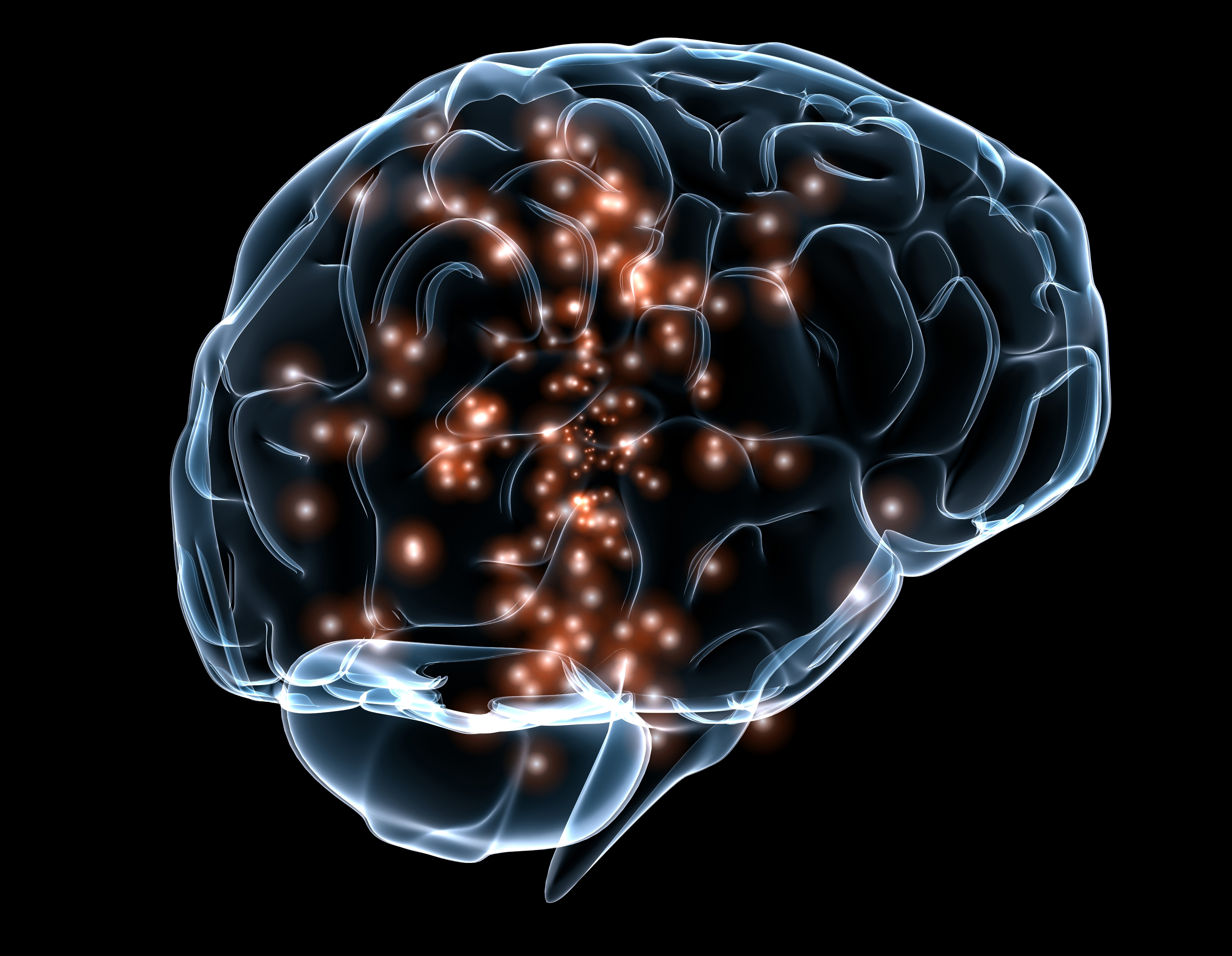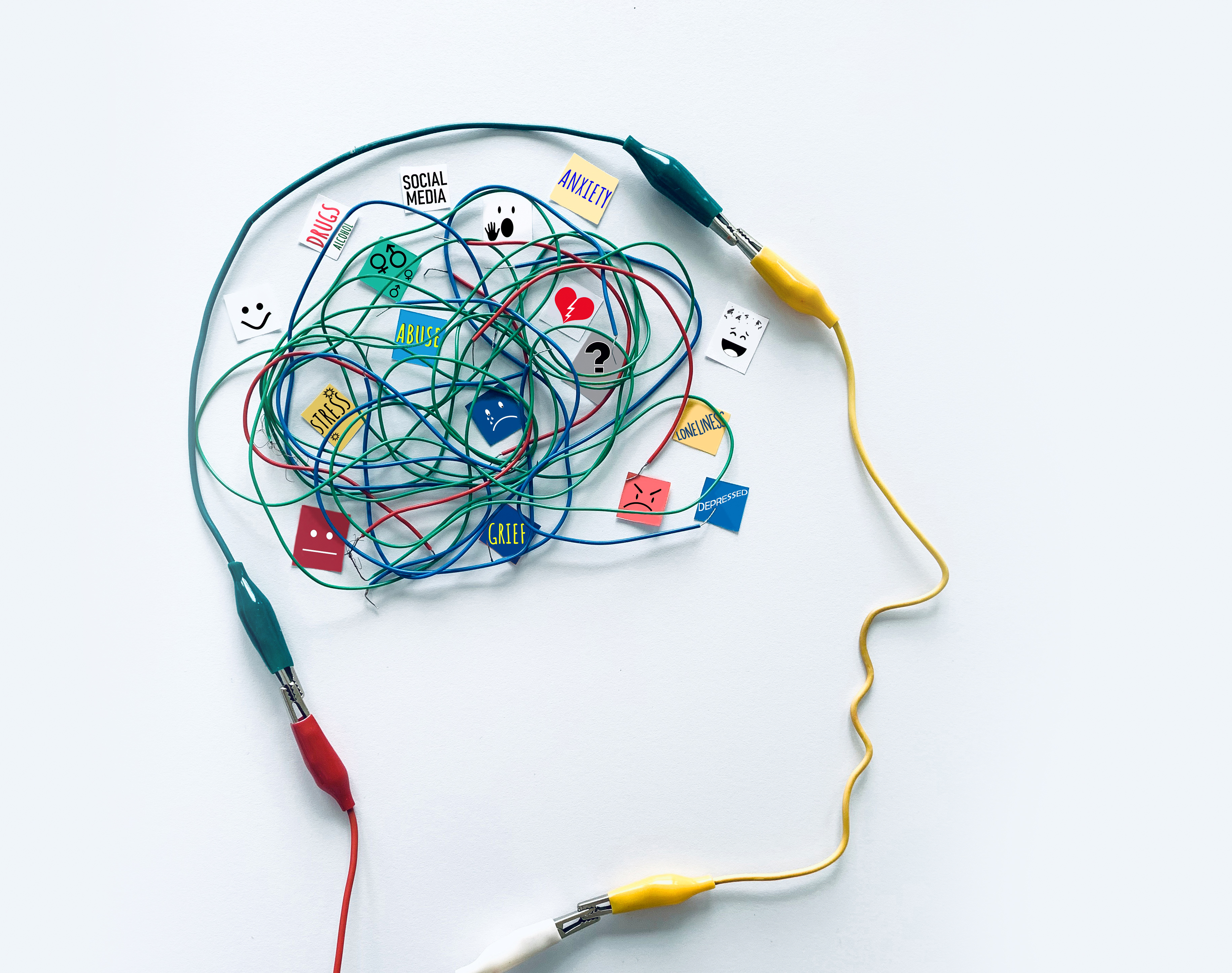10 Fun Facts About the Unexpected Brain Benefits of Meditation
Meditation, an ancient practice rooted in various spiritual traditions, has transcended its mystical origins to become a mainstream tool for enhancing mental clarity and emotional well-being. In recent years, scientific research has delved into the profound impacts meditation has on the brain, unveiling a plethora of benefits that extend beyond mere relaxation. This article embarks on a journey to uncover the unseen perks of meditation, focusing on 10 astonishing facts that highlight its transformative effects on the brain. At its core, meditation involves training the mind to focus and redirect thoughts, often leading to a state of heightened awareness and tranquility. The practice can vary from mindfulness meditation, which emphasizes present-moment awareness, to transcendental meditation, which involves silent mantra repetition. Despite the diversity in techniques, the underlying goal remains the same: to cultivate a state of inner peace and clarity.
1. Neuroplasticity – Rewiring the Brain

One of the most groundbreaking discoveries in neuroscience is the brain's ability to change and adapt throughout life, a phenomenon known as neuroplasticity. Meditation plays a pivotal role in enhancing this capacity, allowing practitioners to effectively rewire their brains. Studies have shown that regular meditation practice can lead to structural changes in the brain, particularly in areas associated with attention, emotion regulation, and self-awareness. These changes are not merely superficial but indicate a deep-seated transformation in how the brain processes information and responds to stimuli. For instance, research has demonstrated that meditation increases the thickness of the prefrontal cortex, the region responsible for executive functions such as decision-making, attention, and self-control. This enhancement in cortical thickness is associated with improved cognitive abilities and greater emotional resilience. Moreover, meditation has been found to increase connectivity between different brain regions, promoting more efficient communication pathways. This neuroplastic enhancement not only boosts cognitive performance but also provides a buffer against age-related cognitive decline, showcasing meditation as a tool for lifelong brain health.
2. Stress Reduction – A Calmer Mind and Body

The modern world is rife with stressors that can take a toll on both mental and physical health. Meditation offers a powerful antidote to stress, providing a sanctuary of calm amidst the chaos. By engaging in regular meditation practice, individuals can significantly reduce their stress levels, leading to a myriad of health benefits. The practice of meditation activates the parasympathetic nervous system, which induces a state of relaxation and counteracts the stress response. Scientific studies have revealed that meditation lowers cortisol levels, the hormone associated with stress, thereby reducing the harmful effects of chronic stress on the body. Additionally, meditation enhances the production of endorphins, the body's natural mood elevators, promoting a sense of well-being and contentment. This stress-reducing effect of meditation not only improves mental health but also bolsters the immune system, reducing susceptibility to stress-related illnesses. By cultivating a state of inner peace, meditation empowers individuals to navigate life's challenges with greater ease and resilience.
3. Enhanced Attention and Focus

In a world filled with distractions, the ability to maintain focus and attention is a valuable skill. Meditation has been shown to enhance these cognitive faculties, providing practitioners with a sharper and more sustained attention span. Mindfulness meditation, in particular, trains the brain to stay anchored in the present moment, reducing the tendency to become distracted by irrelevant thoughts or external stimuli. This heightened state of focus is not limited to meditation sessions but extends to everyday activities, improving productivity and performance. Research has demonstrated that meditation increases activity in the anterior cingulate cortex, a brain region involved in attention regulation and cognitive control. This enhanced activity leads to improved attentional capacities, allowing individuals to better manage competing demands on their attention. Furthermore, meditation has been found to increase the brain's ability to process information efficiently, leading to quicker reaction times and improved decision-making. By honing the mind's ability to focus, meditation equips individuals with the tools needed to excel in both personal and professional pursuits.
4. Emotional Regulation – Mastering the Inner Landscape

Emotional regulation is a crucial aspect of mental well-being, and meditation offers a powerful means of mastering one's emotional landscape. Through regular practice, individuals can develop greater awareness of their emotional states and cultivate the ability to respond to them in a balanced and constructive manner. This heightened emotional intelligence is rooted in meditation's impact on the brain's limbic system, the area responsible for emotion processing and regulation. Studies have shown that meditation reduces activity in the amygdala, the brain's fear center, leading to decreased emotional reactivity and enhanced emotional stability. This modulation of the amygdala's activity is associated with a greater capacity to manage stress and anxiety, fostering a sense of emotional equanimity. Furthermore, meditation increases activity in the prefrontal cortex, which is involved in higher-order cognitive processes such as impulse control and emotional regulation. This enhanced connectivity between the prefrontal cortex and the limbic system allows for more effective management of emotions, promoting mental clarity and resilience.
5. Memory Enhancement – Unlocking Cognitive Potential

Memory is a fundamental component of cognitive function, and meditation has been shown to enhance this vital capacity. By improving attention and focus, meditation indirectly boosts memory retention and recall. Moreover, meditation has a direct impact on the hippocampus, a brain region integral to memory formation and consolidation. Studies have demonstrated that regular meditation practice increases the volume of the hippocampus, leading to improved memory performance and a reduced risk of memory-related disorders. The benefits of meditation on memory are particularly pronounced in older adults, who often face age-related cognitive decline. By preserving hippocampal volume and enhancing neuroplasticity, meditation acts as a protective factor against memory loss and cognitive impairment. Furthermore, meditation's stress-reducing effects contribute to better memory function, as chronic stress is known to impair memory and cognitive performance. By unlocking the brain's cognitive potential, meditation empowers individuals to maintain sharp and agile minds throughout their lives.
6. Creativity and Problem-Solving – Tapping into Innovation

Creativity and problem-solving are essential skills in today's rapidly changing world, and meditation can enhance these cognitive abilities by fostering a state of open-mindedness and flexibility. Through meditation, individuals can access a state of "flow," where creative insights and innovative solutions emerge naturally. This creative boost is linked to meditation's impact on the brain's default mode network, a network of brain regions involved in self-referential thinking and mind-wandering. Research has shown that meditation increases activity in the default mode network, promoting divergent thinking and the generation of novel ideas. This enhanced creativity is not limited to artistic endeavors but extends to problem-solving in various domains, from business to science. By cultivating a state of mental openness and receptivity, meditation allows individuals to approach challenges with a fresh perspective and discover innovative solutions. This creative enhancement is complemented by meditation's ability to reduce cognitive rigidity, enabling individuals to adapt to new information and changing circumstances with ease.
7. Compassion and Empathy – Cultivating Connection

In a world that often emphasizes individualism, meditation offers a path to cultivating compassion and empathy, fostering a deeper connection with others. Loving-kindness meditation, in particular, focuses on developing feelings of compassion and goodwill towards oneself and others. This practice has been shown to increase activity in brain regions associated with empathy and social cognition, such as the insula and the anterior cingulate cortex. Studies have demonstrated that meditation enhances the ability to empathize with others' emotions and perspectives, leading to more harmonious and fulfilling relationships. By fostering a sense of interconnectedness and shared humanity, meditation promotes prosocial behavior and reduces feelings of isolation and loneliness. This cultivation of compassion and empathy not only enriches personal relationships but also contributes to a more compassionate and empathetic society. By nurturing these qualities, meditation empowers individuals to create meaningful connections and contribute positively to the world around them.
8. Sleep Quality – Restoring Restful Nights

Quality sleep is essential for optimal brain function and overall health, and meditation can significantly improve sleep quality by promoting relaxation and reducing stress. Insomnia and sleep disturbances are often linked to an overactive mind and heightened stress levels, both of which can be alleviated through meditation. By calming the mind and body, meditation creates a conducive environment for restful sleep and rejuvenation. Research has shown that meditation increases the production of melatonin, the hormone responsible for regulating sleep-wake cycles, leading to improved sleep onset and duration. Additionally, meditation reduces symptoms of insomnia and enhances sleep quality by decreasing the time it takes to fall asleep and reducing nighttime awakenings. This improvement in sleep quality has a cascading effect on overall well-being, as restful sleep is linked to better cognitive performance, emotional regulation, and physical health. By restoring restful nights, meditation empowers individuals to wake up refreshed and ready to face the day with clarity and vigor.
9. Anxiety and Depression – A Natural Remedy

Anxiety and depression are prevalent mental health challenges that can significantly impact quality of life. Meditation offers a natural remedy for these conditions, providing a safe and effective means of managing symptoms and promoting mental well-being. Through mindfulness and self-awareness, meditation enables individuals to observe their thoughts and emotions without judgment, reducing the grip of anxiety and depression. Studies have shown that meditation decreases symptoms of anxiety and depression by promoting positive changes in brain chemistry and neural activity. Meditation increases the production of serotonin and dopamine, neurotransmitters associated with mood regulation and feelings of happiness. Additionally, meditation enhances the brain's ability to regulate negative emotions, leading to decreased rumination and improved emotional resilience. By providing a natural and holistic approach to mental health, meditation empowers individuals to overcome anxiety and depression and cultivate a sense of inner peace and fulfillment.
10. Longevity and Brain Health – A Lifelong Ally

Meditation is not only a tool for enhancing immediate cognitive and emotional well-being but also a lifelong ally in promoting longevity and brain health. By reducing stress, enhancing neuroplasticity, and improving cognitive function, meditation acts as a protective factor against age-related cognitive decline and neurodegenerative diseases. Studies have shown that regular meditation practice is associated with a reduced risk of Alzheimer's disease and other forms of dementia, highlighting its potential as a preventive measure for brain health. Furthermore, meditation promotes longevity by reducing the risk of stress-related illnesses and enhancing overall well-being. By fostering a state of mental and emotional balance, meditation contributes to a longer and healthier life, allowing individuals to age gracefully and maintain cognitive vitality. This lifelong benefit of meditation underscores its value as a holistic practice that supports both mental and physical health, empowering individuals to live fulfilling and vibrant lives well into their later years.
Meditation invites us to explore the depths of our minds and discover the untapped resources that lie within. As we integrate meditation into our daily lives, we embark on a transformative journey that enhances our well-being and enriches our experience of life. By cultivating mindfulness, compassion, and self-awareness, meditation empowers us to navigate the complexities of the modern world with grace and resilience.







